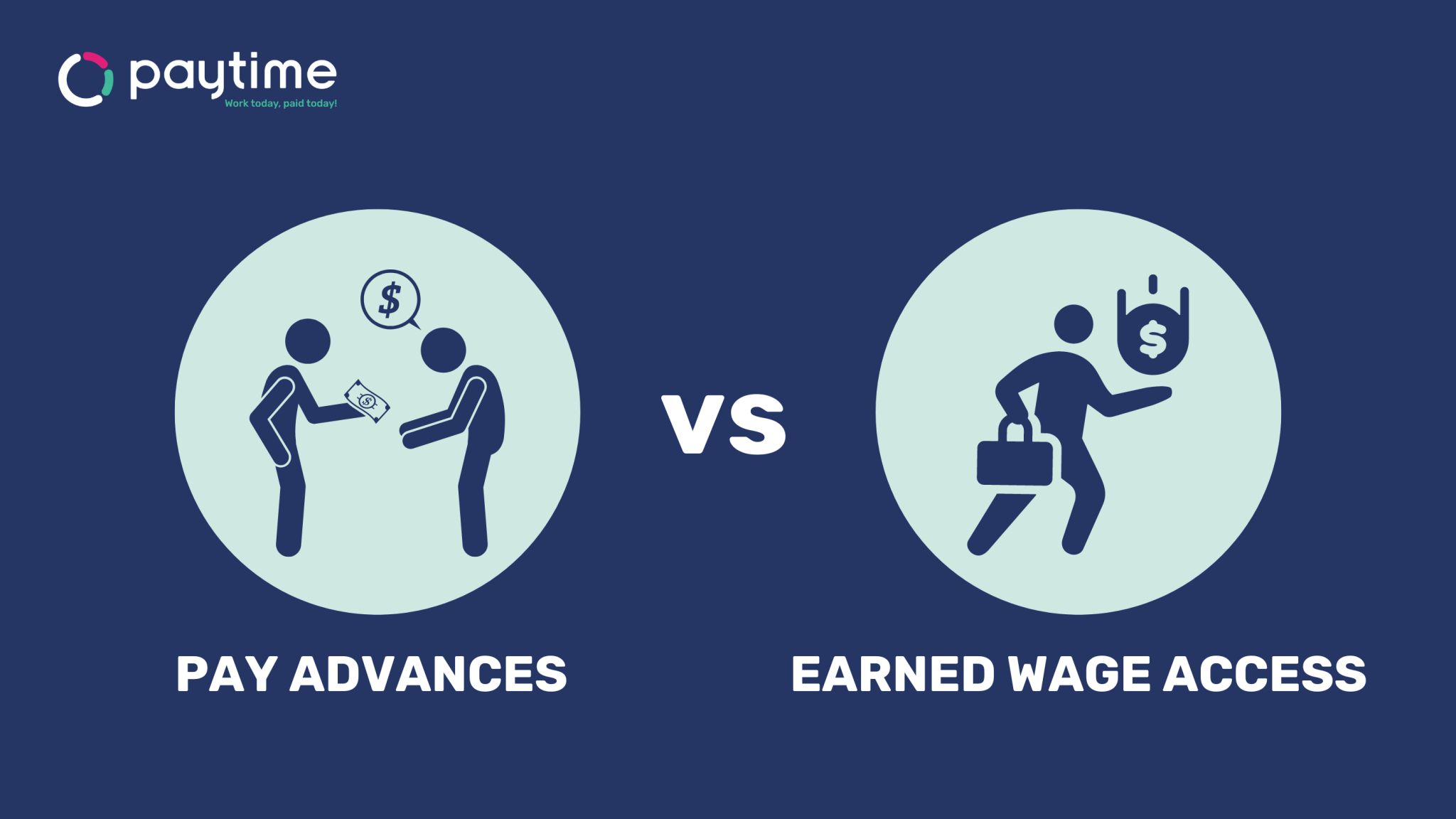
Pay Advances vs Earned Wage Access: Key Considerations for Aussie Employers
More and more Aussie employers recognise the need to help employees access their pay early as a result of the high cost of living. In order to do this many businesses now offer some form of pay advance prior to the set payday.
Traditionally, this takes place in the form of a wage advance, where payroll has to run an intra-payrun for a specific employee to get access to a lump sum ahead of their regular pay cycle. This is very time consuming for payroll to do. However, a newer alternative gaining traction is a solution called Earned Wage Access (EWA). With EWA, employees get on-demand access to a portion of their earned wages, on an as-needed basis. Here are some key factors for Aussie employers to weigh up when considering pay advance options:
Fairness and Favouritism
Perceptions of unfairness at work are strongly linked to higher turnover intentions among employees. So, it’s crucial that any pay advance offering is seen as equitable.
The trouble with traditional pay advances is they often involve subjective sign-off by HR or a senior manager. Even with strict criteria, unconscious bias may influence which requests get approved. In contrast, EWA operates through impartial, pre-set eligibility rules. This takes the onus off HR and minimises risks of perceived favouritism.
Employee Empowerment
Having to ask for an advance can be disempowering for Aussie workers. Financial stress is a major wellbeing issue. Adding awkwardness and shame into the mix is likely to compound impacts on work performance.
EWA offers a more discreet alternative. Staff can access funds privately without needing to justify their situation to employers. EWA is like a safety net for employees, they don’t need to come to HR or payroll each time they find themselves in a pickle.
Administrative Burden
Processing pay advances in-house is labour-intensive for HR and payroll. It’s time that could be better spent on strategic priorities.
Partnering with an EWA provider completely eliminates the need to do pay advances and it’s a seamless technology solution, so there is no change to the way payroll is run and no extra work for payroll.
Addressing Financial Behaviours
While pay advances provide short-term relief, they don’t necessarily help employees build healthier financial habits. EWA platforms incorporate financial literacy training; budgeting and forecasting tools; savings plans and access to financial councillors.
EWA is proven to alter behavioural change and reduce employees’ ongoing reliance on pay advances as users are able to budget better and are less financially stressed.
Recruitment and Retention Benefits
Both pay advances and EWA can build loyalty and goodwill among staff. However, research suggests EWA may have broader people and culture benefits.
By easing financial pressures and boosting security, EWA can improve job satisfaction and longevity. That’s a compelling advantage in today’s competitive talent market.
The Verdict
While pay advances are still common, EWA offers some unique benefits for Aussie organisations without putting their staff into debt. It sidesteps risks of favouritism, minimises HR workload, and can drive lasting improvements in financial fitness.
For companies wanting a holistic financial wellbeing solution proven to reduce stress, reduce employee turnover and increase productivity, then EWA is well worth exploring.
